NIHR Career Development Case Studies
Colleagues across the NIHR Manchester BRC have advanced their careers through NIHR career development funding at various stages and through different funding streams. These case studies highlight their career journeys and the impact of NIHR support, with the hope of inspiring others.
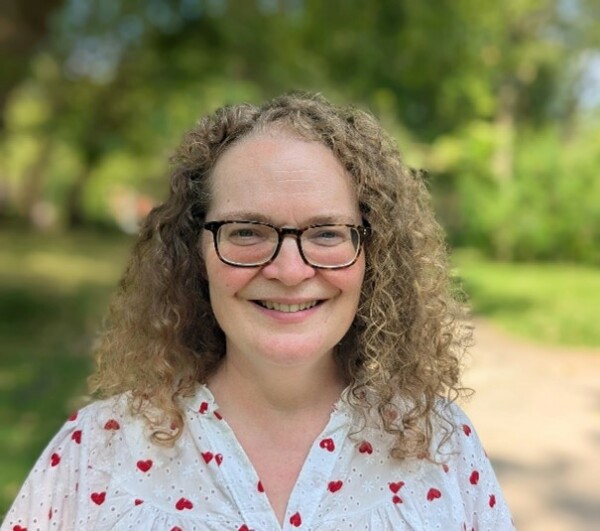
Professor Emma Davidson
Cancer Prevention and Early Detection Theme Co-Lead
Current Role: NIHR Research Professor and Honorary Consultant Gynaecological Oncology Surgeon
Screening, prevention, and early diagnosis of gynaecological cancers, including innovative strategies for endometrial cancer detection and the implementation of national policy on Lynch syndrome testing.
Before her first NIHR award, Emma was training in gynaecological oncology surgery and research. She recognised the urgent need for new risk reducing strategies and diagnostic tools to facilitate the early detection of endometrial cancer, particularly for women at high genetic risk. NIHR funding gave her the platform to develop a career at the intersection of clinical care and research, where she could drive real change in policy and patient outcomes.
NIHR support has been the cornerstone of Emma’s academic journey, beginning with an NIHR Academic Clinical Lectureship (2008–2012), followed by a Clinician Scientist Award (2013–2018), Advanced Fellowship (2020–2025), and a Research Professorship (2025–2030).
Each stage of funding enabled her to pursue transformative research, developing evidence for preventive therapies in obesity-driven endometrial cancer, establishing the effectiveness of urine self-sampling for cervical screening, and influencing NICE guidance through her work on Lynch syndrome testing.
Her research has led to international changes in clinical practice, including the implementation of routine Lynch syndrome testing for women with endometrial cancer, helping identify an estimated 1,000 additional cases annually.
Clinical trainee in Obstetrics & Gynaecology (Pre 2008)
Emma trained as an Obstetrician and Gynaecologist, where she developed a strong interest in cancer prevention. Noticing a lack of evidence-based approaches in endometrial cancer, she was motivated to pursue a clinical academic path to bridge the gap between science and women’s health care.
Academic Clinical Lecturer (2008-2012)
Emma’s first NIHR funded role combined clinical training in gynaecological oncology surgery with academic development where she gained research experience while completing specialist surgical training. This laid the groundwork to lead her own independent studies.
NIHR Clinician Scientist Award (2013-2018)
Emma led research into non-surgical prevention for obesity-driven endometrial cancer, including weight loss, hormones, and metformin. She established the Manchester Consensus on Lynch syndrome and drove work that directly shaped NICE guidelines, leading to routine testing and around 1,000 additional Lynch diagnoses each year.
NIHR Advanced Fellowship (2020-2025)
Emma’s Advanced Fellowship focused on urine self-sampling to improve cervical screening uptake. She led public awareness efforts like #LetsTalkLynch, mentored early-career researchers, and continued to shape national policy and guidelines. She developed evidence for the clinical effectiveness and acceptability of urine HPV testing as an alternative cervical screening strategy.
NIHR Research Professorship (2025-2030)
Emma is developing a risk prediction tool for endometrial cancer in women with postmenopausal bleeding, aiming to streamline diagnosis and reduce invasive tests, while leading national trials and mentoring future research leaders.
“My NIHR Clinician Scientist Award launched my academic career in gynaecological cancer surgery, giving me the platform to innovate, change clinical practice and nurture the next generation of clinical academics in my specialty.”
NIHR support has enabled Professor Davidson to:
- Influence national and international clinical guidelines (NICE, FIGO, ESGO)
- Lead the Manchester International Consensus on Lynch syndrome
- Chair the #LetsTalkLynch campaign to raise public awareness
- Pioneer urine-based cervical screening strategies to improve uptake
- Found Peaches Womb Cancer Trust, the UK’s first endometrial cancer charity
She also:
- Co-led the James Lind Alliance Priority Setting Partnerships in Womb Cancer and Early Detection
- Received awards for research excellence, postgraduate supervision, and patient involvement
- Supervised NIHR-funded doctoral researchers and leads multi-centre NIHR trials such as RAINBO
Professor Davidson credits NIHR’s sustained support as instrumental in launching and advancing her academic career, providing platforms for innovation, influencing clinical practice, and mentoring the next generation.
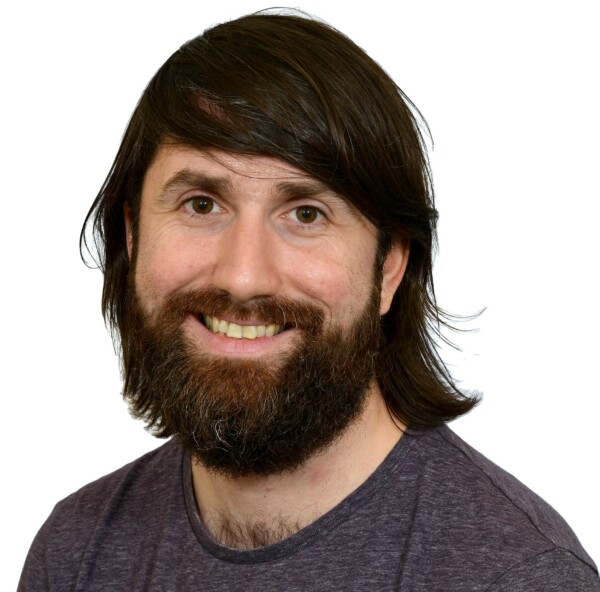
Dr Michael Loughran
Research Associate, The University of Manchester, Division of Psychology, Communication and Human Neuroscience
Behavioural science and hearing health, including clinical audiology
Before embarking on an NIHR-funded research journey, Dr Michael Loughran was an NHS Audiologist with an MSc in Audiology from The University of Manchester. His clinical experience laid the foundation for a pivot into research, driven by a passion to improve hearing health through behavioural science.
NHS Audiologist (2013-2017)
After completing an MSc in Audiology at the University of Manchester in 2013, Michael began working as an NHS Audiologist. This clinical experience strengthened his passion for hearing health and sparked a long-standing ambition to pursue research.
NIHR Doctoral Fellowship (2017-2021)
In 2017, Michael was awarded a Doctoral Fellowship from the Manchester BRC, enabling him to pursue a PhD in behavioural science and hearing health. Despite COVID-19 challenges, he completed his PhD, published three papers, and built strong academic collaborations.
Research Associate – Famous Project (2022-2026)
After his PhD, Michael became a research associate on the NIHR-funded FAMOUS project, focusing on hearing aid referral pathways. He contributed to intervention delivery, site training and qualitative evaluation, gaining valuable insight into randomised controlled trials and stakeholder engagement.
Research Associate – ‘That Looks Noisy!’ Project (2024-2026)
As FAMOUS funding tapered, Michael joined another NIHR project – ‘That Looks Noisy!’ – reconnecting with clinical skills through real world data collection. He also gained experience with Qualtrics, ethics and survey design.
Further Pathway – Independent Researcher / Grant Holder
With strong NIHR-backed experience and networks, Michael now aims to secure independent funding and move into a research leadership role, advancing hearing health and behavioural science.
“I have been extremely fortunate, as without NIHR funding I would not be where I am today within my career. Realigning my career from NHS clinician to researcher has only been made possible by the NIHR. It has shaped my entire trajectory, from PhD funding to funding my first two roles of employment as a research associate.
“NIHR funding and the excellent investigators managing these funds have given me the opportunity and platform to push myself and my career further than I ever thought possible, and I will always be eternally grateful to all those involved.”
“Never be afraid to dream – I was in my mid 30’s when I applied for my PhD, and in terms of my career it has been the best decision I ever made. When you are starting to get a bit older and settled in a career, I know it can be hard to go in a different direction but given the support of NIHR funding, and the right colleagues, I have been able to pursue a career ambition.
“I have also found it beneficial to try and use each stage as a stepping stone to the next, by finding the people that I like to work with and be open that you would like to keep pushing forward through collaboration.”
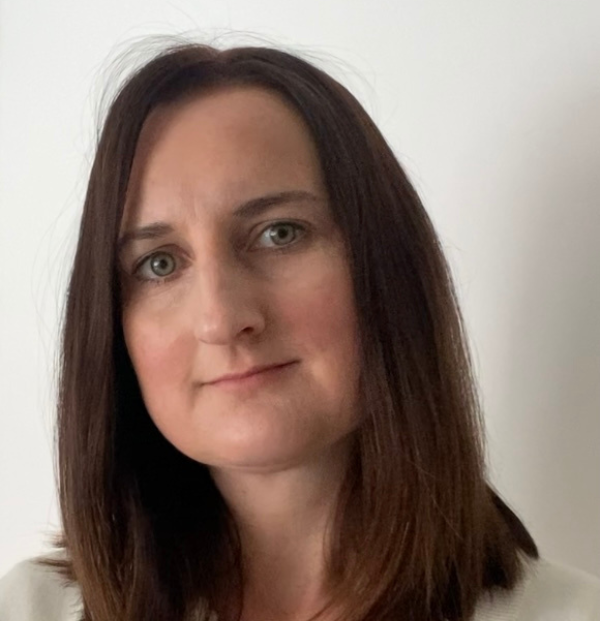
Dr Sarah Steeg
Research Fellow in the Mental Health Theme
Current Role: Research Fellow, The University of Manchester, Division of Psychology and Mental Health.
Self-harm, suicidal behaviour, and suicide – population-level risk and protective factors, clinical management, health service contacts, and systematic reviews.
Before her first NIHR award, Sarah worked as a researcher on a self-harm cohort study. With a background in epidemiology and an emerging interest in novel research methods, she saw the potential to explore critical questions around self-harm care more deeply, something not possible in her existing role.
Career start (Pre NIHR)
Before receiving NIHR funding, Sarah was a researcher on a self-harm cohort study. The role sparked her interest in the field, but she saw key research gaps and methodological opportunities that couldn’t be explored in her existing position.
NIHR Doctoral Fellowship (2013-2016)
Sarah’s NIHR Doctoral Fellowship let her apply casual methods to examine hospital care and repeat self-harm. She published key findings, built expert collaborations and presented internationally, firmly establishing her as an independent researcher.
Post-Doctoral Progression
After her PhD, Sarah became a Research Associate on a European Research Council project using Danish self-harm data. In 2019, she secured a UoM Presidential Fellowship and adapted her research during COVID-19, leading UKRI-funded studies on the pandemic’s impact on self-harm care.
NIHR Three Schools Fellowship (2022-2024)
In 2022, Sarah received the NIHR Three Schools’ Mental Health Fellowship, enabling cross-sector collaboration to tackle self-harm care gaps. She led new partnerships, refined her grant writing skills, and secured PhD funding, progressing to her current role as Research Fellow at the UoM.
Current role and Next steps
Now, with a strong track record of NIHR-funded research and interdisciplinary collaboration, Sarah is applying for mid-career fellowships as she continues to expand her leadership in suicide and self-harm research.
“The two NIHR fellowships and the Presidential fellowship supported me to advance my independent research, develop new collaborations and contribute to the prioritisation of self-harm research which receives less research funding (proportionally) than other areas of health, which I would not have been able to do otherwise.”
Sarah’s work has significantly shaped the evidence base on self-harm and suicide. Her research has been cited in national and international clinical guidelines, academic curricula, and the media. She obtained further funding for a doctoral project investigating how stigma affects care for people with a diagnosis of personality disorder.
She has also;
- Co-led the Suicide and Self-Harm Research Theme at The University of Manchester
- Been an advisory member to the Royal College of Psychiatrists’ project on stigma and discrimination towards people with personality disorder diagnoses
- Played an active role in the International COVID-19 Suicide Prevention Research Collaboration, a group of suicide prevention experts from more than 40 countries
“Ensuring you have continuity between fellowships and research posts can be challenging. However, gaps in funding can lead to new opportunities to work on research you wouldn’t otherwise have had. New connections and ideas can refresh your research plans and shape your career.
“Be prepared to adapt your fellowship plans. It is good to have a plan for each stage of your fellowship but it’s sometimes necessary to adjust depending on the landscape. Flexibility can help ensure your research addresses the current priorities.”
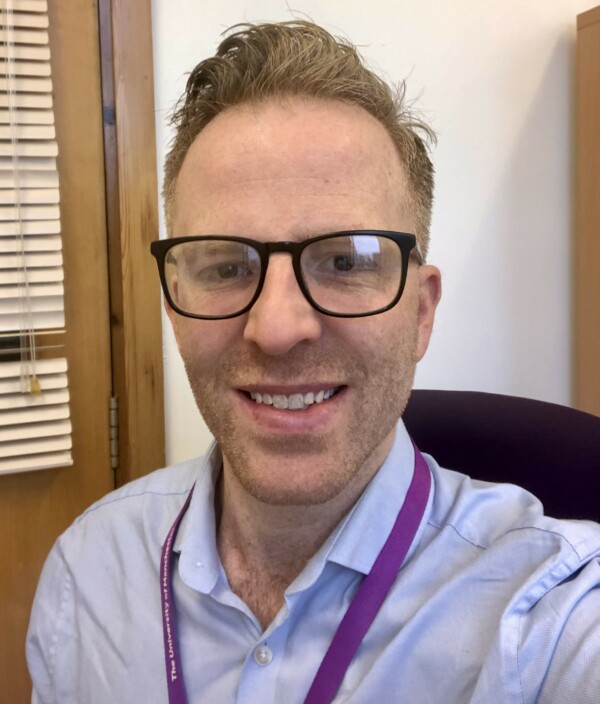
Dr Alexander Oldroyd
NIHR Academic Clinical Lecturer within the Rheumatic and Musculoskeletal Diseases Theme of the NIHR Manchester BRC
Current Role: NIHR Academic Clinical Lecturer (ACL), The University of Manchester
Myositis cancer screening
First NIHR Funding Award
- Award: NIHR Academic Clinical Fellowship (ACF)
- Duration: 2014–2017
- Reason for Applying: Dedicated research time to prepare for PhD funding applications.
- Key Achievements:
- Developed key research skills and publication experience.
- Integrated with the Manchester Myositis Research Group.
- Secured PhD funding from the Manchester BRC.
- Career Progression: Laid the foundation for a PhD and future NIHR ACL.
Second NIHR Funding Award
- Award: PhD funds
- Duration: 2017–2018 (PhD later funded by Versus Arthritis)
- Reason for Applying: To carry out a fully funded PhD.
- Key Achievements:
- Established PhD projects.
- Secured external PhD funding, freeing up NIHR funds for another candidate.
- Career Progression: Completion of PhD; began NIHR ACL in 2022.
Third NIHR Funding Award
- Award: NIHR ACL
- Duration: 2022–2026
- Reason for Applying: Continuation of clinical academic career and collection of pilot data for Clinician Scientist fellowship.
- Key Achievements:
- Established an independent research niche in myositis cancer screening.
- Career Progression: Developed grant writing, mentoring, and public engagement skills; positioned for future fellowship applications.
“The overall impact of NIHR support on my research career has enabled me to develop skills to apply for external funding.”
Key achievements since first funding award:
- Publication of the first evidence-based guideline on cancer screening in myositis.
- First study investigating the utility of liquid biopsy as a method of cancer early detection in myositis.
“Always have a long-term plan but do not be fixed to it – be prepared to change it completely if opportunities arise or you reach insurmountable obstacles.”
“Take every opportunity to present your research plans, pilot data, and final results. This allows you to be scrutinised and refine your research.”
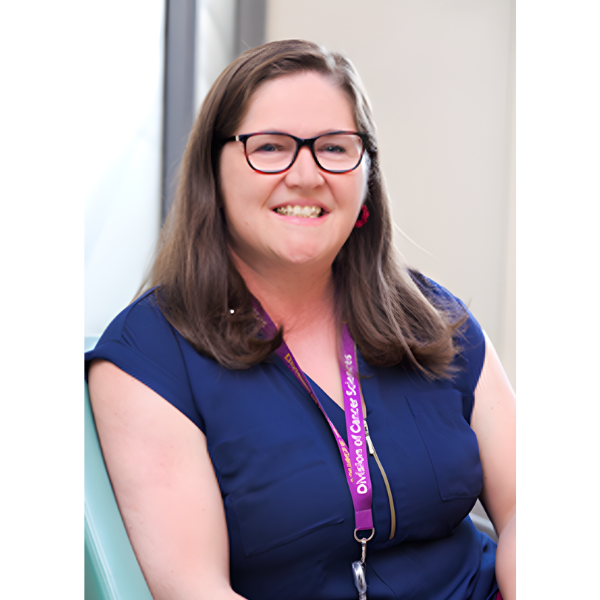
Dr Natalie Cook
Researcher and Capacity Building Lead for the Cancer Precision Medicine Theme
Current Role: Clinical Senior Lecturer in Experimental Cancer Medicine, at The University of Manchester and Honorary Consultant in Medical Oncology at The Christie NHS Foundation Trust
Early phase clinical trials, drug development, precision medicine, cancer of unknown primary (CUP), rare cancers and biomarker development.
Clinical Senior Lecturer and Consultant in Medical Oncology (2015-present)
Natalie began her role at the UoM and The Christie NHS Foundation Trust, focusing on early-phase clinical trials and precision oncology. She identified a major unmet need in research for Cancers of Unknown Primary (CUP).
Launch of CUP Research (Pre 2024)
She initiated a research programme into CUP.
NIHR Advanced Fellowship (2024-2029)
The fellowship (co-funded by NIHR and Rosetrees Trust) gave protected time to focus on CUP research. She led national CUP trials, produced impactful publications and collaborated internationally.
Research Leadership and National Impact (Ongoing)
She became national lead for genomics in CUP, developed the UK’s first CUP Patient and Public Involvement group (“The CUP Club”), and championed education and advocacy through newsletters and regional training.
Mentorship and Future Expansion (Ongoing)
Natalie mentors junior researchers and NIHR applicants, expands CUP trials nationally and builds research capacity in this underserved field.
“Without this NIHR funding there would be limited or no UK research in CUP currently, and as a result of the efforts from our newly formed CUP research team we hope to soon improve access to genomic testing for patients diagnosed with CUP, helping to improve outcomes in this area of unmet need.”
NIHR support enabled Dr Cook to:
- Launch a growing research portfolio in CUP with multi-site clinical trials.
- Develop expertise in digital health and health economics.
- Mentor the next generation of researchers, helping junior doctors and medical students develop and lead CUP-related projects.
- Support colleagues in applying for NIHR and other competitive fellowships.
“Speak to colleagues who have successfully applied for the same call previously. Practice interviews, more than one are essential. Understand the panel’s expertise to anticipate key questions, especially from statisticians or methodologists.”
“Review previous successful applications where possible to understand how to structure your proposal clearly. Rehearse interviews thoroughly and seek broad feedback. Flexibility and resilience are crucial, every delay can become an opportunity to build a stronger case.”